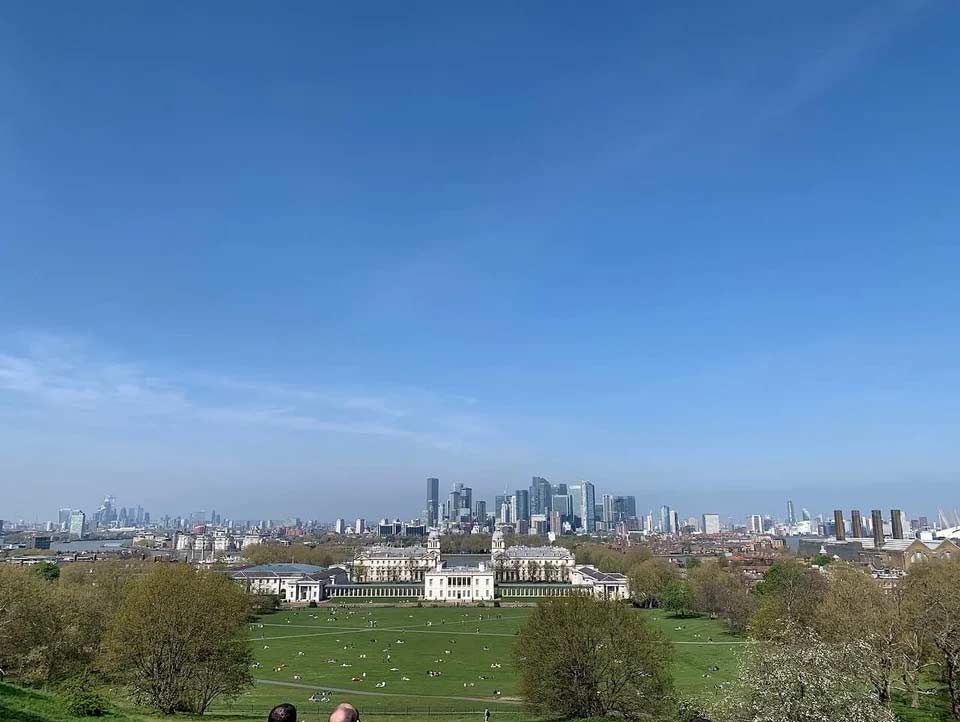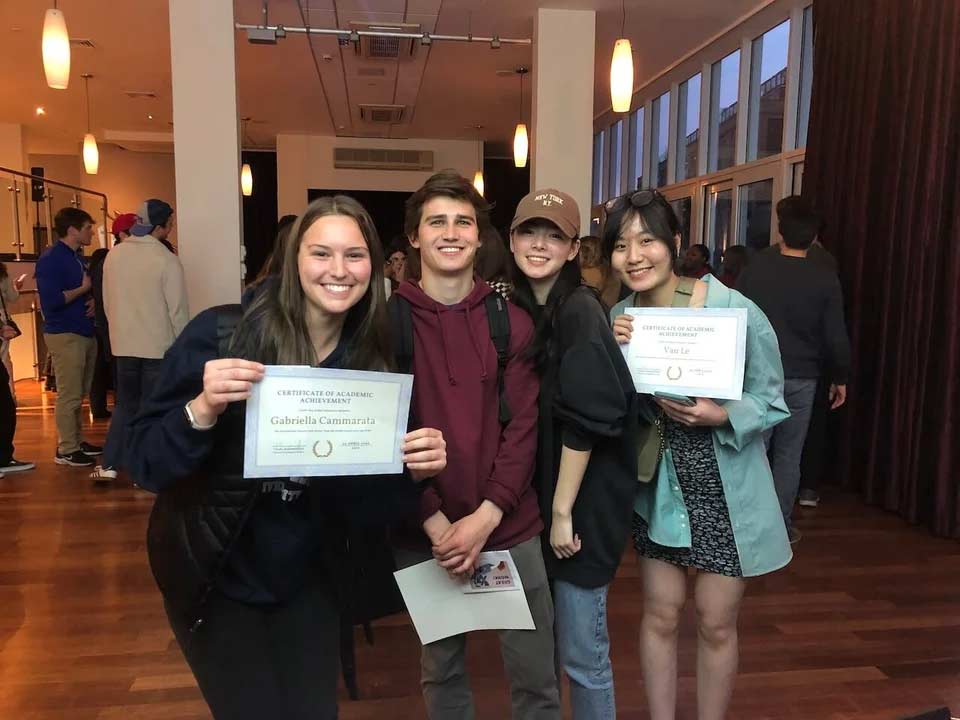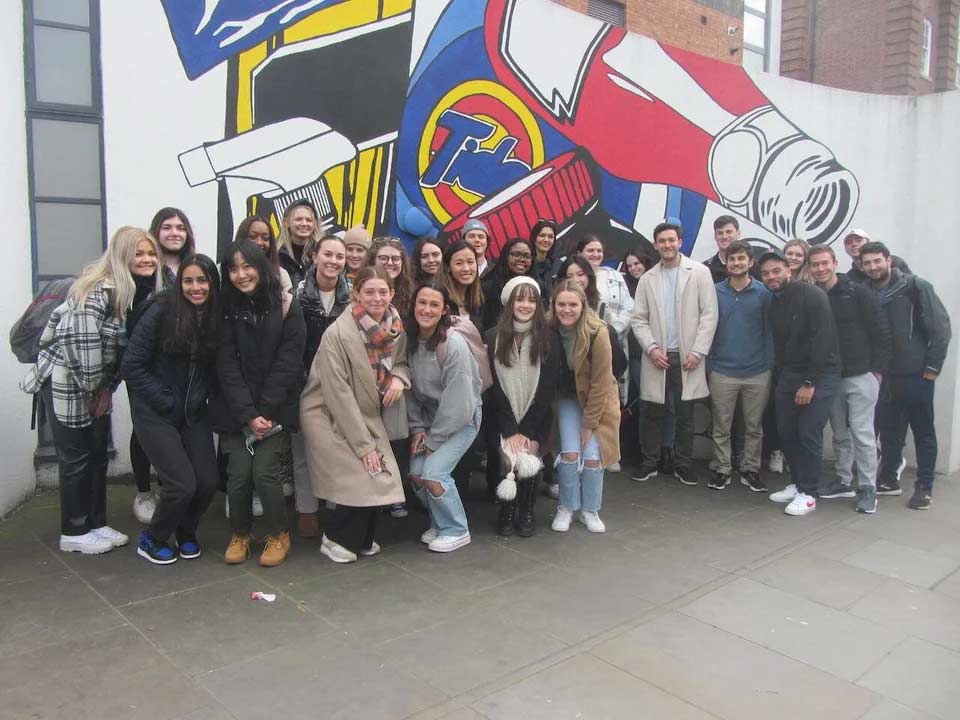We have all heard of culture shock-the difficulties of adjusting yourself to a new culture-but have you heard of "reverse culture shock"? Reverse culture shock often happens when you come back to your country after a few months or years of studying abroad. As an international student, I have studied abroad twice: in the US and in the UK. I have, to some extent or subconsciously, experienced both culture shock and reverse culture shock, but fortunately, in a positive way. In this blog, I will give you some tips to overcome this emotional change after your 3 months of studying in London or elsewhere abroad.

Caption: A view of London from Greenwich Park.
What Exactly is Reverse Culture Shock?
Let's start by defining reverse culture shock. Before you come to London, you will have to take at least one seminar/session or even a short course on "study abroad". This preparation will help you easily adjust yourself to a new environment. Returning home, like studying abroad, necessitates a variety of lifestyle modifications. You are not the same person as you were 3 months ago. You have been exposed to a new culture that may have altered your lifestyle, your mindset, and even somewhat of your own identity. When you come home, you may wonder why something which used to be normal to you is now too strange or difficult to accept. These changes in your mindset and lifestyle will either affect you and your friends or your family positively or negatively. So how can we make the best out of our experience abroad and cope with reverse culture shock?
Tip #1: Keep Your Memory Alive
When I first came home from the US due to the COVID-19 pandemic, I was faced with severe culture shock due to the differences between Asian and American lifestyles. I realized that I have become more open-minded and comfortable talking with my friends or families about topics I have never dared to mention, fearing the judgments from others. I started my own blog and partnered with other education sites to share tips on how to study and survive in the US as a low-income student. This helped me remember my life in the US and empower other students to embark on their own journeys. Writing is also a better way to organize your thoughts more cohesively.

Caption: At the CEA CAPA Closing Ceremony with our certificates.
Tip #2: Pay It Forward
Your experiences abroad are unique to you and not everyone has a chance like you. With that being said, it would be helpful to become an ambassador of the study abroad program in your school so you can have a chance to present your findings, your experiences, and lessons learned abroad to future travelers. These events will help you connect with students who were like you before studying abroad so you can better understand how much you have changed.

Caption: CEA CAPA students at an advertising museum in London.
Tip #3: Embrace and Appreciate Your Experience
This may sound redundant but it is important to appreciate that you have had a
wonderful time living in a new country independently, financially, and emotionally. You may be surprised by how much you have grown in such a short period of time. I personally love that I could live on my own for more than 3 months in London. Some of my friends are scared of being alone, but I am not. I realized that living in a new country by myself is not that challenging.
Some aspects of the new culture may be stark in contrast with yours, but it will give you a new lens to see the world. It's perfectly normal to experience reverse culture shock as well. It can be bitter or sweet, or both, but it will be definitely rewarding.






